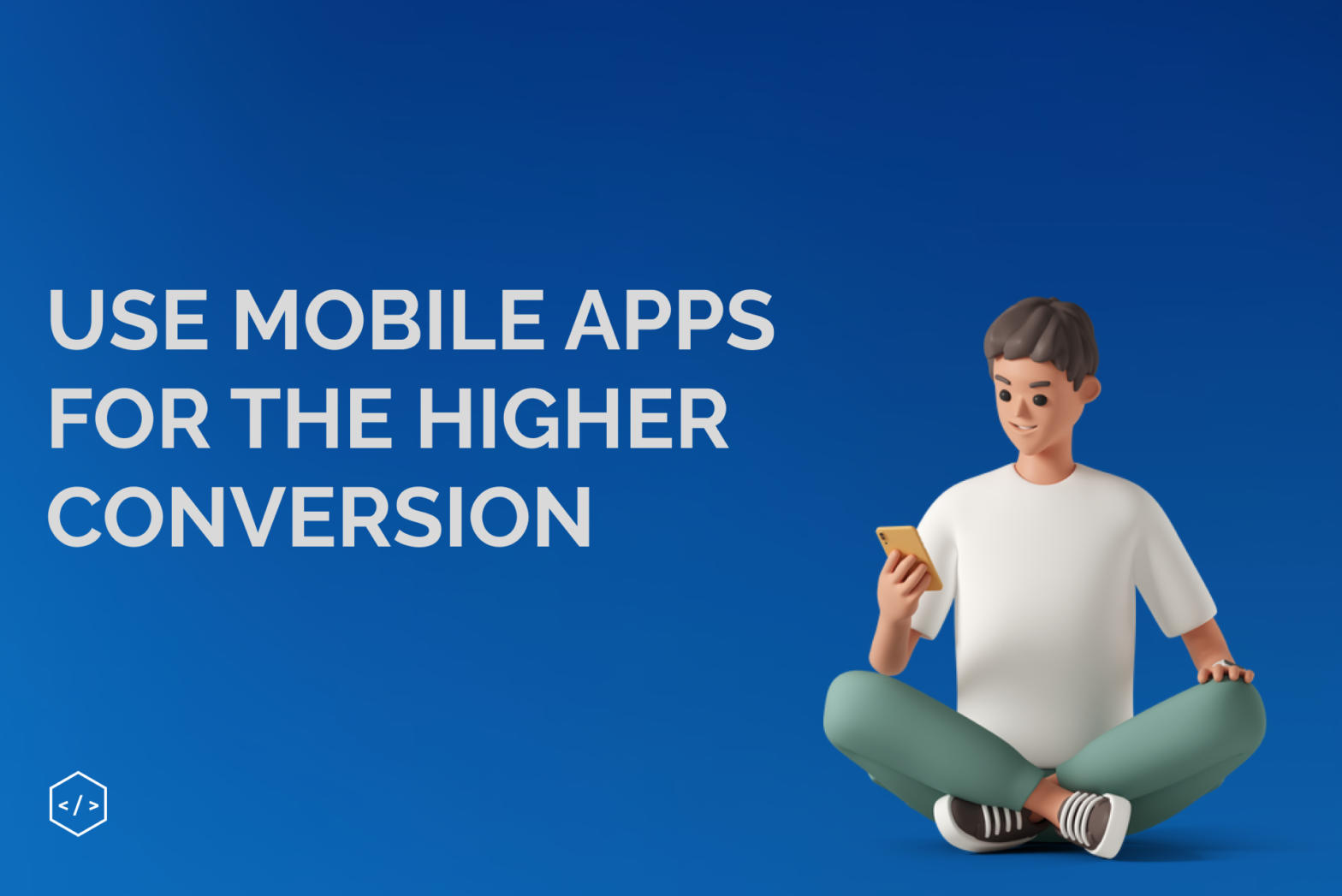A Forbes magazine study shows that 85% of online shoppers prefer to shop online through apps rather than through a mobile site. These figures state that ignoring mobile traffic means forgoing most buyers and profits. In this article, we will talk about the advantages of a mobile application for an online store and how to create it without millions of budgets.
What is the mobile application of the online store?
A mobile application is a unique software adapted for smartphones and tablets. The user downloads the mobile application to his smartphone from the AppStore or Google Play (depending on the phone’s operating system) and can enter the online store with one click on the application icon. The mobile application can search, select and buy goods in the online store like on a computer.
Advantages of the application for an online store
The very fact that your company has a mobile application is already a competitive advantage. You show yourself as an advanced technological player who knows how to adapt to changes in the world. Here are three more main benefits that the company’s mobile application provides:
1. The speed of interaction. The installed store application is always at the user’s fingertips – on his desktop screen. Just one click on the icon – and the assortment of your store is in front of the eyes of the buyer. You can also order goods in a couple of touches.
The application has a personal account of the buyer, where the entire history of purchases is stored. The customer can quickly re-order these products without wasting time searching.
This fast interaction increases the conversion rate to the order and reduces the number of bounces. Customers are less likely to abandon their carts, and you can increase your revenue with a fast mobile app.
Learn more: Why you need a sitemap and how to create one
2. Personalization. You can track what customers are buying through the mobile app. It will help you understand customer preferences and tailor communication to their needs. For example, you can email customers discounts on recently ordered items from the app.
You can also track which buyers order from you: individuals or companies. And also adjust the proposals for them.
3. Brand loyalty. Online sales apps allow business owners to retain customers and increase brand loyalty. So, according to eMarketer, app users are three times more likely to make repeat purchases. They also bring in three times more revenue than shoppers who don’t use the shopping app.
Main functions of the mobile application
A mobile application for online shopping should be intuitive for any user and perform the following functions:
– View and sort products. The application needs a catalog with quick navigation, filters, and sorting so that the user can find the product he needs in a couple of seconds.
– Shopping cart. All online shopping applications need a coach where customers can easily add items, change quantities, and checkout.
– Advertising tools. Banners, pop-ups, and product recommendations allow you to stimulate sales within the application.
— Loyalty program. Suppose the online store provides a bonus system in the mobile application. In that case, it is also necessary for customers to be able to track the balance of bonuses, accumulate and write them off upon purchase.
– Customer support. There are situations when the buyer needs help finding the right product in the online store, makes a mistake when placing an order, or wants to make a return. It is much easier to do this when the mobile application has a chat with a store consultant, where you can resolve any issue.
– Personal Area. It is convenient when all customer data is stored in a personal account, and he does not need to enter his address, full name, contacts, etc., when placing an order. And if the application stores the history of orders in your account, this makes shopping even more pleasant: you don’t need to look for anything, and you can order the same goods again in a couple of touches.
— Registration of legal entities. If an online store works not only with individuals but also with companies, then the application needs the ability to divide it into types of buyers. So it will be more convenient for legal entities to place orders on behalf of the company, and you will understand who you are working with.
